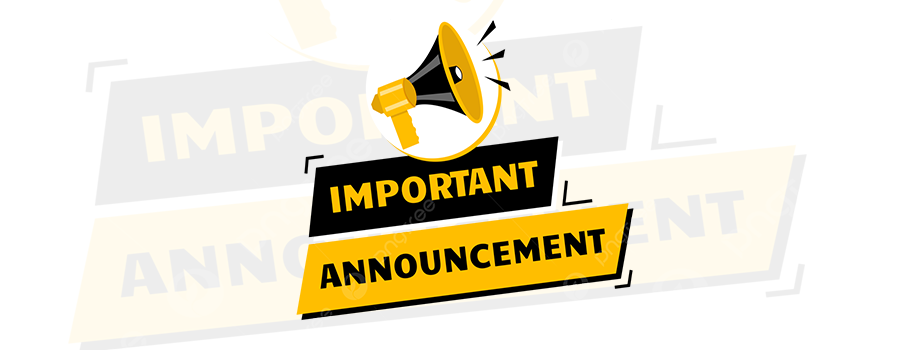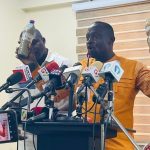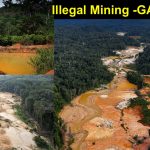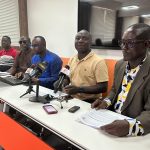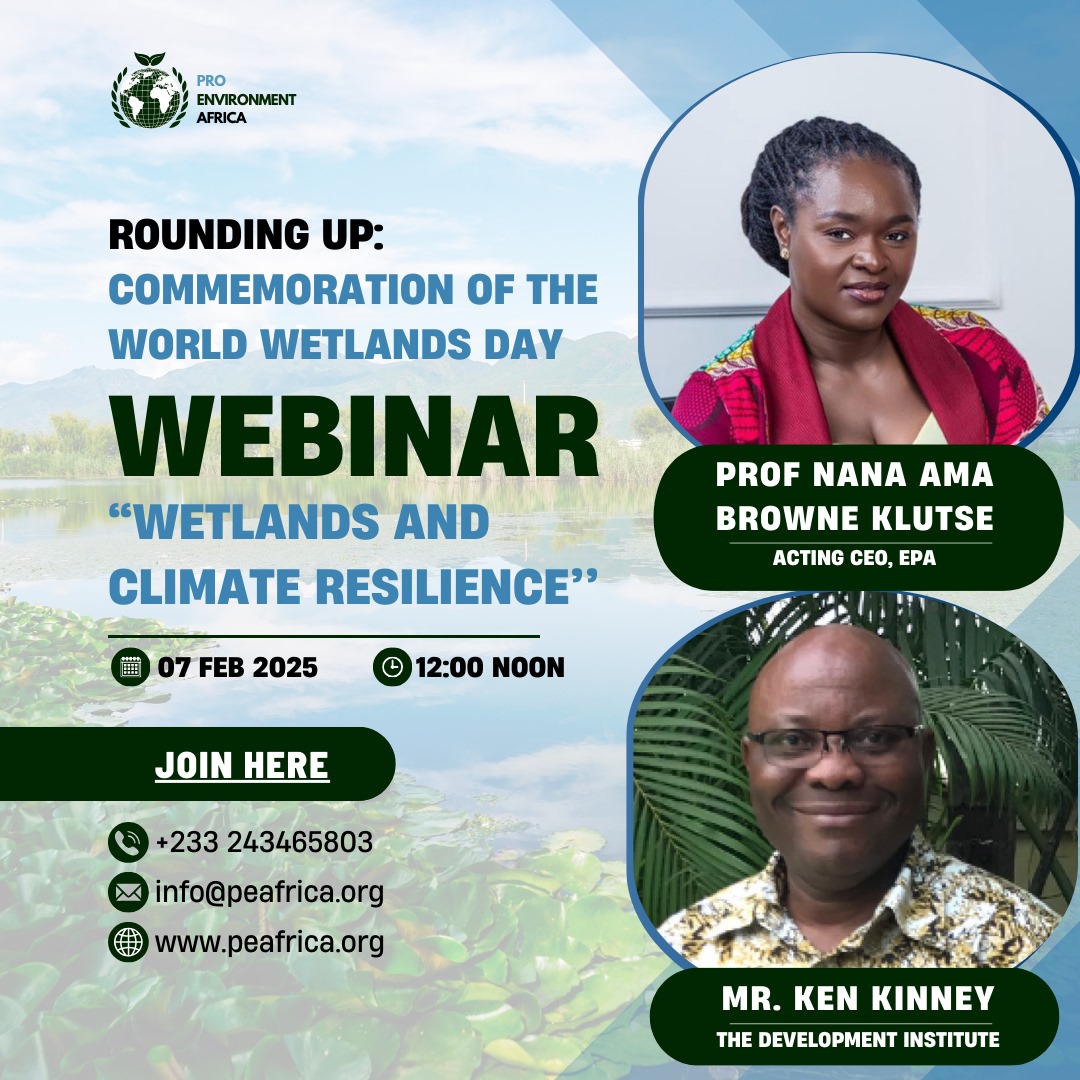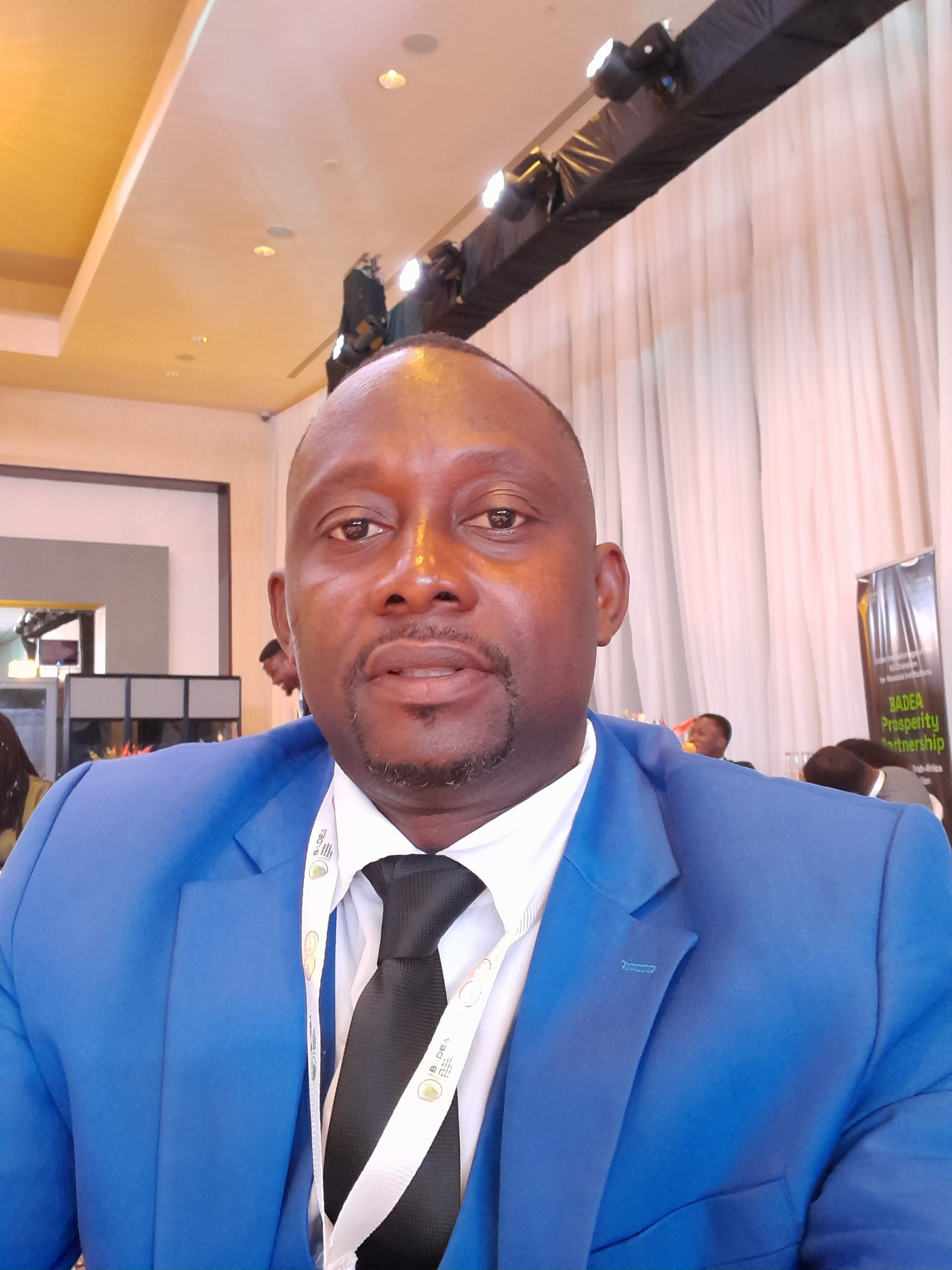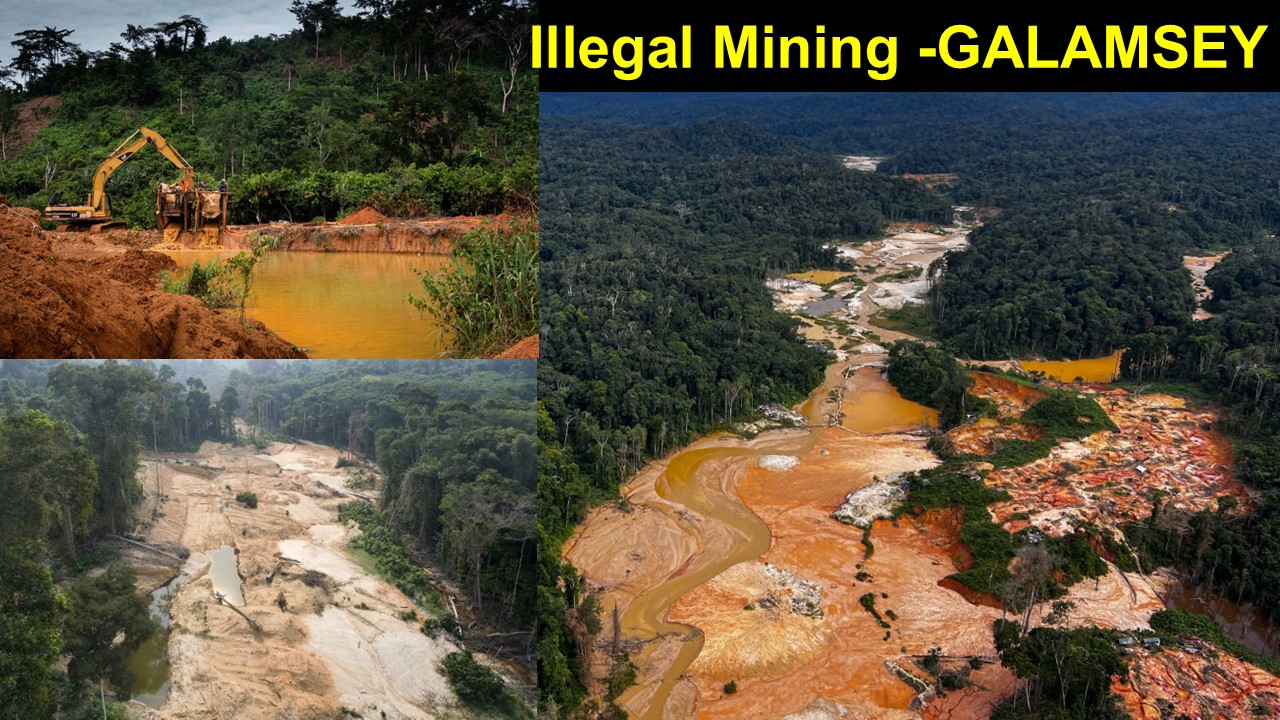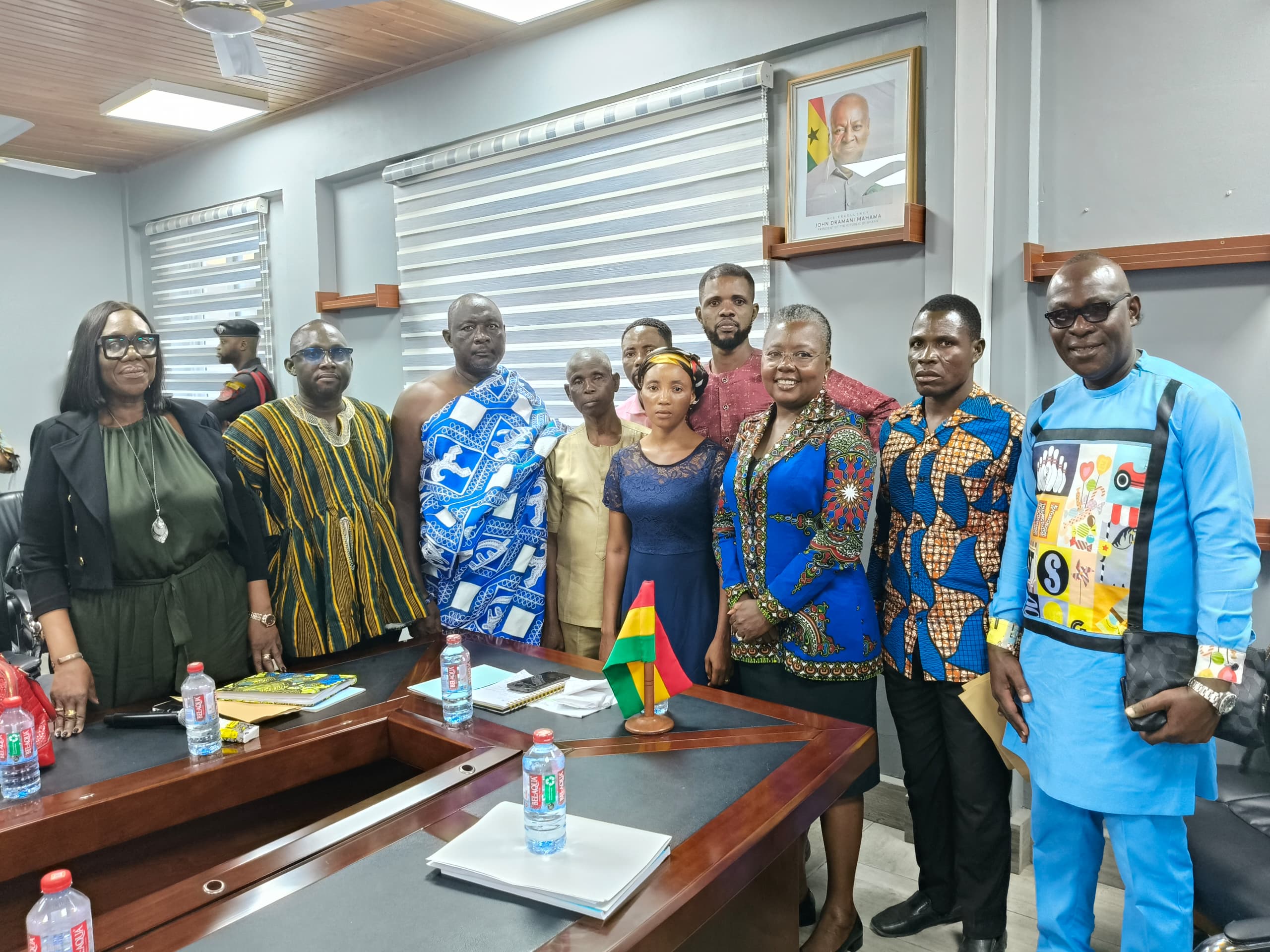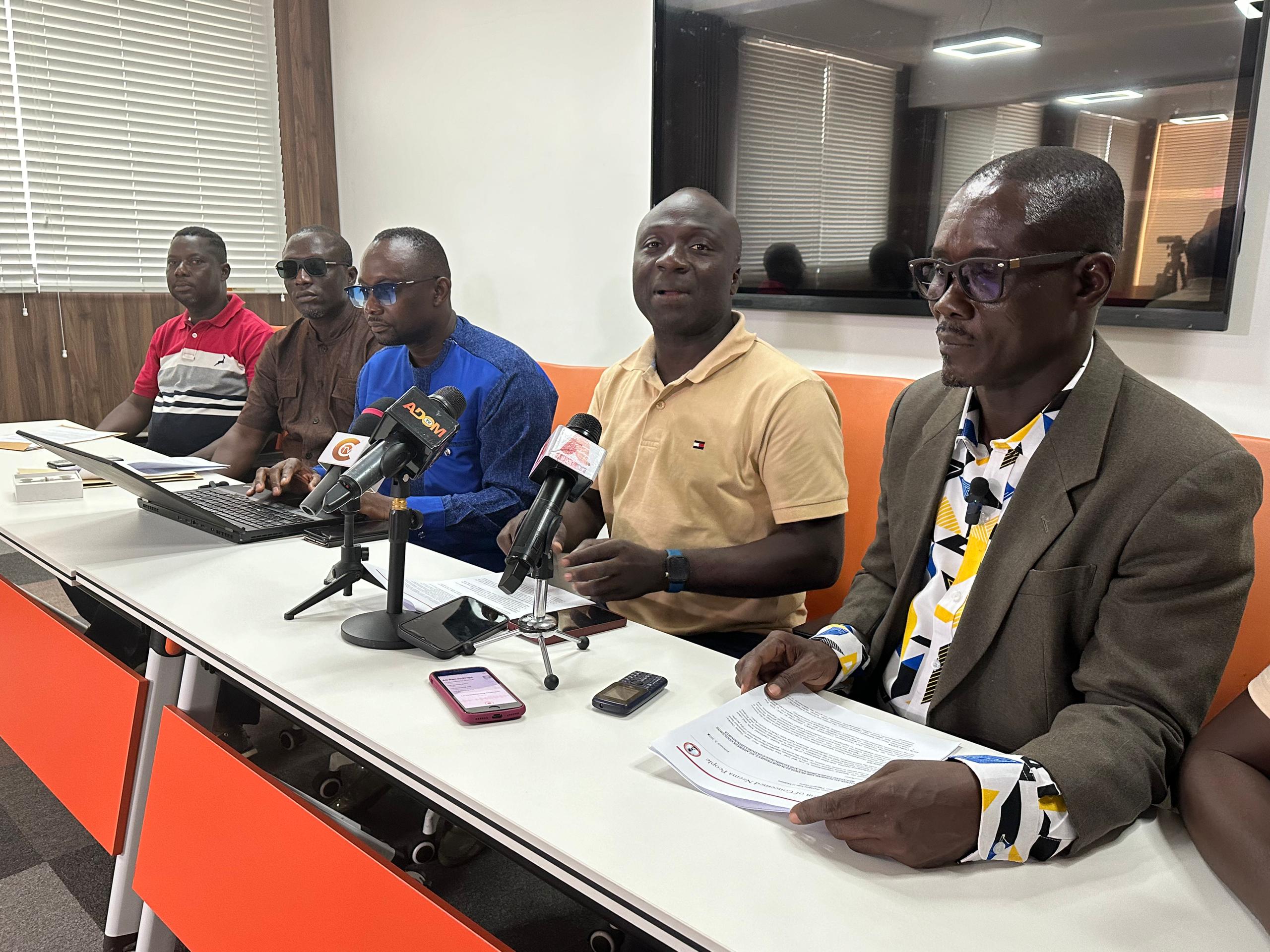The Pro Environment Africa joined in the commemoration of the 2025 Wetlands Day and organized a Webinar on 7th February 2025 to discuss critical issues on wetlands and climate resilience.
Below are the key issues discussed by the discussants:
Professor Nana Ama Browne Klutse, is the acting CEO of Ghana’s Environmental Protection Authority, the Former Head of Physics Department, Vice Chair of IPCC Working Group 1 (Physical Sciences) and Award-Winning Expert on Climate Change.
She was one the main discussants for the webinar and she explained that 2025 world wetlands is celebrated under the Theme: Protecting wetlands for our Common Future, she noted that the them was very good theme and encouraged stakeholders to rally around this them for the entire year. She said that Unfortunately: in Ghana the wetlands are been destroyed, she therefore encouraged the experts to educate the public on the importance of our wetlands so that we could collectively stop the destructive practices and conserve the wetlands for our own good. She concluded her statement by underscoring EPA’s commitment to ensuring the conservation of wetlands and other crucial areas
Mr. Ken Kinney, Founder of the Development Institute, addressed major concerns regarding wetlands and their resilience in the face of climate change. He also shed light on the ongoing efforts of his organization to address these challenges and promote sustainable practices. He explained that industrial activities can introduce harmful chemicals and heavy metals that pollutes wetlands and effects their ecosystems. Improperly waste disposal and treated sewage and runoff can also introduce pathogens and excess nutrients, further degrading water quality.
Dr. Samuel Dotse, CEO of the HATOF Foundation and former Deputy Presiding Officerof Africa Union Economic, Social and Cultural Council (ECOSOCC) delved into the growing concerns and sources of wetland degradation. He provided an in-depth analysis of the factors contributing to the deterioration of these ecosystems, urging immediate action to mitigate the damage. He explained that solutions includes restoration including rehabilitating existing wetlands and creating new ones can help recover lost functions. He concluded that promoting sustainable agricultural techniques and urban planning that considers wetland preservation is crucial. Also implementing and enforcing environmental regulations can help protect wetlands from destruction.
Mr. Kyei Kwadwo Yamoah, the Executive Director of HELP Foundation Africa and also the Global convenor for Fisheries Alliance and the CSOs National Platforms on SDG 14 made a presentation on the Growing Concerns, sources of destructions Wetlands at the webinar. He outlined that Ghana is losing most of the critical and sensitive wetlands ecosystems because of urbanization, encroachment of wetlands, pollution, excessive and illegal mining and over exploitation of wetland resources, etc. He noted that the need for agricultural land often results in the draining of wetlands to cultivate crops or raise livestock. Pesticides, fertilizers, and herbicides used in agriculture lead to nutrient overload in wetlands, causing eutrophication and harm to aquatic life. He concluded that the destruction of wetlands poses significant environmental challenges, affecting biodiversity and ecosystem services. He explained that recognizing and addressing the sources of this destruction is essential for conserving these important wetlands habitats. Continued public awareness and education on the importance of wetlands can also contribute to their protection and recovery.
Mr. Ignatius Kweku Williams, a PhD candidate at the Institute of Environmental Studies, University of Ghana, offered valuable insights on the importance of mangroves and their management in the country. He emphasized the critical role that mangroves play in maintaining ecological balance and supporting biodiversity.
Ms. Domarine Tuffour, a marine expert and member of Pro Environmental Africa, presented her research findings on wetland management in the Lower Volta Basin. She particularly focused on the impact of human activities on the Keta Lagoon, illustrating how these activities threaten the lagoon’s delicate ecosystem.
The Event also recognized the presence of Mr. Eric Kofi Afornorpe, Climate Change Expert and PhD Environmental Science Candidate of University of Ghana. The webinar which was moderated by Mrs. Linda Acheampong, a Member of Pro Environment Africa and Convenor of the Event.
The experts emphasized the widespread misconception that wetlands are wastelands, a notion that must be corrected to encourage their protection. They also raised concerns about the pollution of wetlands by chemicals and excess nutrients, which further threaten these fragile ecosystems. The discussion noted that while human activities such as farming, fishing, and salt mining are essential for livelihoods, they also have significant impacts on wetland ecosystems.
A key takeaway from the webinar was the urgent need for collective efforts in preserving and conserving wetlands for the benefit of food security, climate resilience, and future generations. Participants called for stronger policy enforcement, sustainable land-use practices, and increased community engagement to protect these invaluable ecosystems.
Organizers: The webinar was organized by Pro Environment Africa (PEA), a leading civil society organization committed to environmental protection and sustainability. Their mission is to combat climate change and promote environmental resilience through research, advocacy, capacity building, and community engagement. PEA commit all efforts and resources in the protection and preservation of the environment and natural resources in Ghana and acknowledge the urgent need for collective action geared towards climate change, mitigation and adaptation, and biodiversity loss reduction.
Pro Environment Africa (PEA) Contact:
Tel: +233 243465803.
Website: www.peafrica.org
Email: info@peafrica.org Phone Website

